I never thought I’d be breastfeeding for roughly 33 months. Truth be told, three days after I gave birth, I was ready to give up.
I delivered via Cesarean section after almost 24 hours of labor. I was overwhelmed, exhausted and in pain. My baby kept crying and crying. I tried pumping and there wasn’t any milk coming out.
It was really frustrating.
But I am thankful that I continued breastfeeding my little girlie. I’m lucky that my friends and family were very supportive of my decision.
Breastfeeding may be natural, but it isn’t effortless.
So, I’d like to share what I learned from my breastfeeding journey with you, my dear reader.
Kindly note that these tips are based on my personal experiences, seminars attended and readings. They are not intended as substitute for expert opinion. As always, please do what you feel is right for you and your child.
Confidence is key.
Based on my readings, virtually all women can breastfeed. But it’s important that you believe you can do it.
Yes, you’ll have sleepless nights. Sure, you’ll question your decision. But YOUR BREASTMILK IS ENOUGH to sustain your baby for the first six (6months) of life.
Like my mother often says, “ It’s nature’s work”. And believe me, in the long run, it’s a lot less work.
Skin-to-skin contact helps a lot.
Unfortunately, I wasn’t able to have Unang Yakap (first embrace) with my little girlie. It’s important to have this to help letdown of the first milk or colostrum, which is rich in nutrients and antibodies and establish mother-baby bonding.
But then, as soon as I got hold of my baby, we practiced skin-to-skin most of the time. Kangaroo care or skin-to-skin has many health benefits according to research such as establishment of breastfeeding, supporting infant growth and stabilizing blood glucose levels.
A crying baby doesn’t always mean a hungry baby.
As a first time mom, I really felt like a failure every time I wasn’t able to figure out what my baby needed.
And I’d often think, “maybe she’s not getting enough milk from me”. But actually, she cried for other reasons like she wasn’t comfortable, she needed burping, or simply wanted to be held.
For the first three months, which were the hardest, I was able to somehow understand my baby through Baby Language.
According to Priscila Dunstan , a 0-3 month old baby has 5 words: “ eh (burp me), neh (i’m hungry), heh (i don’t feel comfy), eairh ( i have wind) and owh (i’m sleepy).
I was amazed at how accurate it is. The first time I “heard” my daughter was when she kept saying”eh”. I burped her and she stopped! I was like, whoa! I should know all these words!
By the way, here are the signs of a hungry baby: turning the head and mouth (rooting), fussing, hand to mouth, and crying (late sign).
Always check the latch.
My mom taught me how to have a good latch. She said to run my nipple from my little girlie’s nose downwards and have her latch on when she opens her mouth.
Breasts are never fully empty.
It may come as a surprise but even if your breasts feel flat, they are continuously producing milk.
They become engorged with milk during the early days but later on, even if they are not like that anymore, say after 8 months, you still have milk.
What does this mean?
This means anytime your baby demands to be breastfed, you have available milk for him or her. No worries, mommy.
You can tell your baby is getting enough by checking out his or her poo and pee:
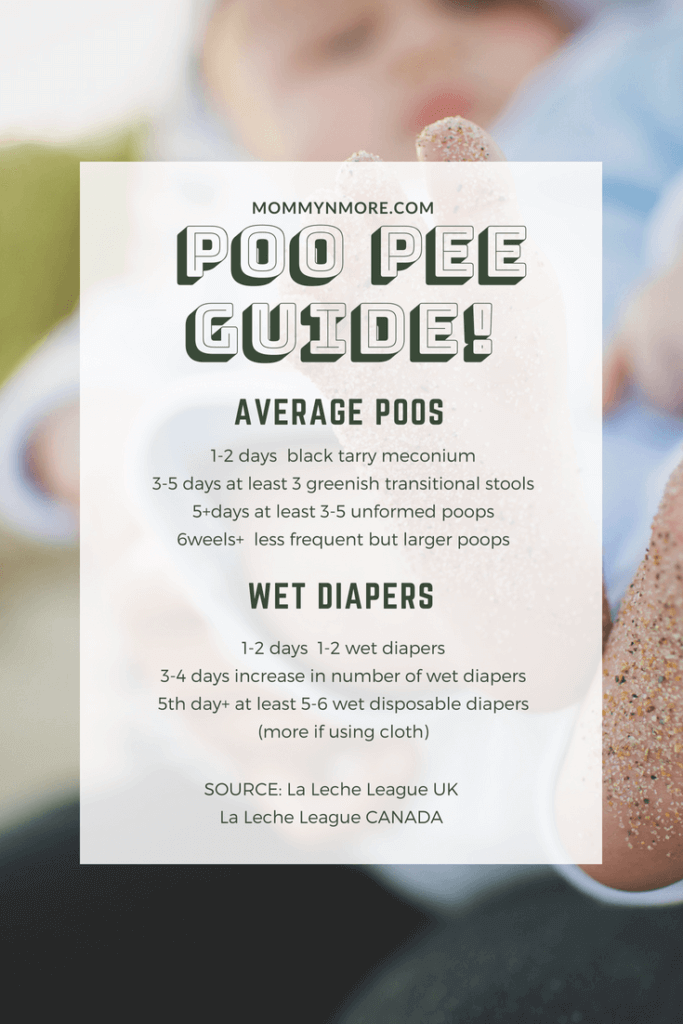
The more you breastfeed, the more milk you have.
I found out that even if I eat a lot of malunggay or drink anything with malt, the most important factor is breastfeeding itself.
When you breastfeed, you are telling your body that your baby needs more milk so it makes more.
However, if you start to mix feed with formula, you have less time breastfeeding, so your milk supply may decrease.
Actually, my mom said to me, when I was thinking of switching to formula, if you really want to breastfeed your daughter, keep doing it.
You need to relax to breastfeed effectively.
Stress can affect the way you breastfeed because it can delay milk letdown, or the release of milk.
So, before I breastfed, I’d drink something warm or if I have time, I’d have a warm bath so I could feel more relaxed.
Usually, you can still breastfeed even if you’re sick or taking medicine.
You can still nurse through a cold, sore throat, fever, and even a stomach bug.
As for taking medicine, you can visit the websites: E-lactancia.org or LactMed to check if the one your doctor prescribed is compatible with breastfeeding. If not, you could ask for an alternative.
It’s best to pump when you’ve established your milk supply.
It is recommended that you pump after eight weeks because your baby’s suckling rhythm can help increase your milk supply. I also read that pumping earlier can predispose you to having clogged ducts
I didn’t know that before so I pumped. But later on, I had clogged ducts which were quite painful. Fortunately, I was able to treat them myself at home by taking warm showers, breastfeeding while I’m in bridge position (dangle feeding) and massaging with olive oil. Clogged ducts must be relieved or they could lead to breast infection.
You can store breastmilk depending on when you’ll need it.
Here’s a quick guideline:
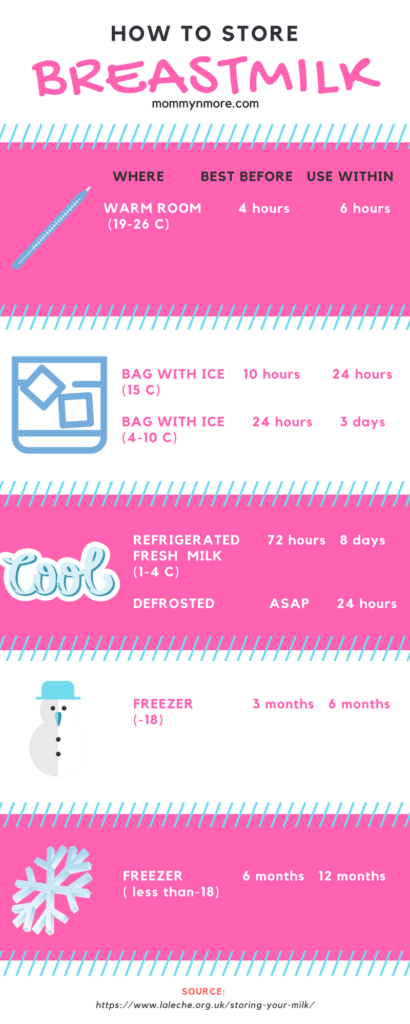
Remember to run the container through running tap water or a bowl of warm water. Never microwave or heat on the stove. Defrosted milk may have a soapy smell due to lipase.
Thin doesn’t mean unhealthy.
When my little girlie became a toddler, I was often told my daughter was kinda thin. Well, I kept telling them that she’s within normal limits. I just checked the growth charts from the National Nutrition Council.
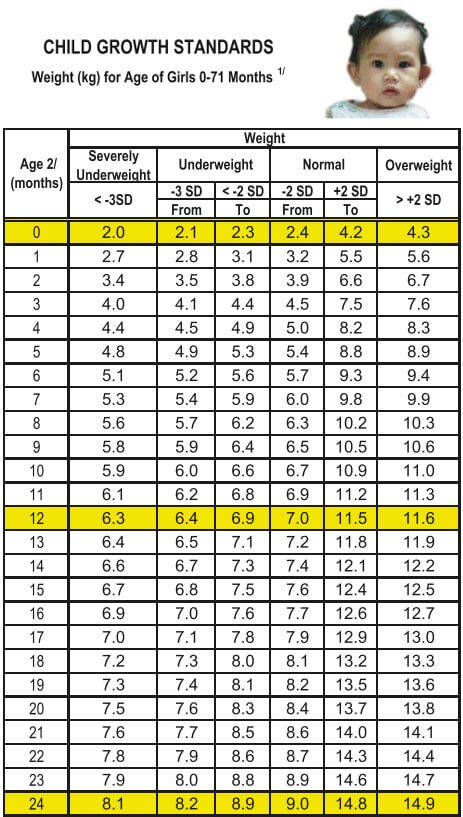
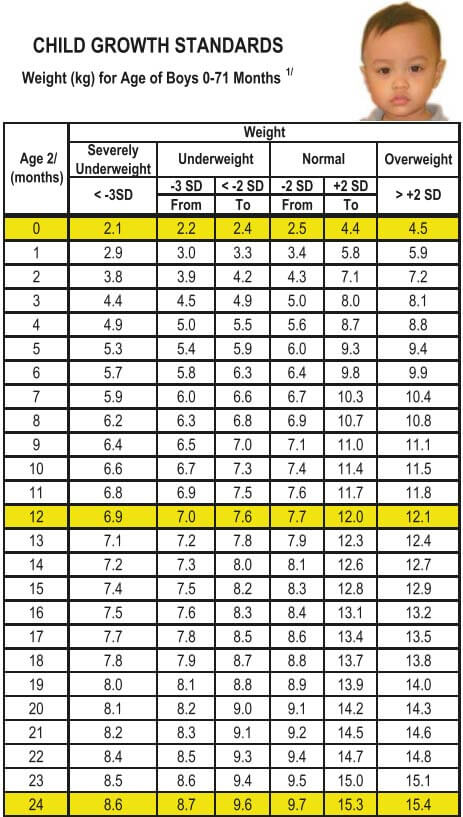
Keep breastfeeding as long as you possibly can.
More than nutrition, bonding experience good for the baby and you. Plus it has amazing health benefits for mommies such as lesser risk of breast and ovarian cancer, type 2 diabetes and cardiovascular disease.
Practically speaking, you’ll save thousands by breastfeeding. We roughly saved P130,000 breastfeeding for 33 months.
To help support your journey, you could join Breastfeeding Pinays online. This community provides informative seminars and helpful advice from lactation experts and fellow breastfeeding mommies.
I really hope these tips help you keep breastfeeding.
Do you have tips I might have missed? What was your biggest challenge?


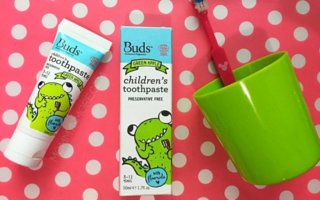


This is very helpful. Thanks for the tips Mommy